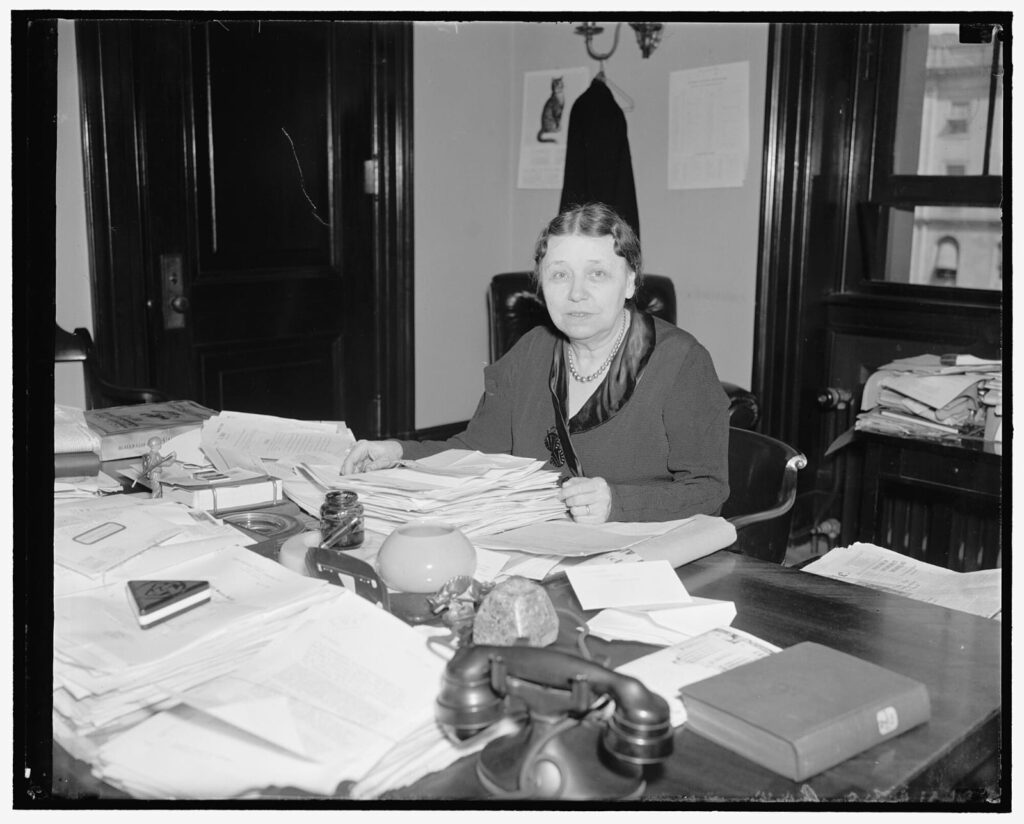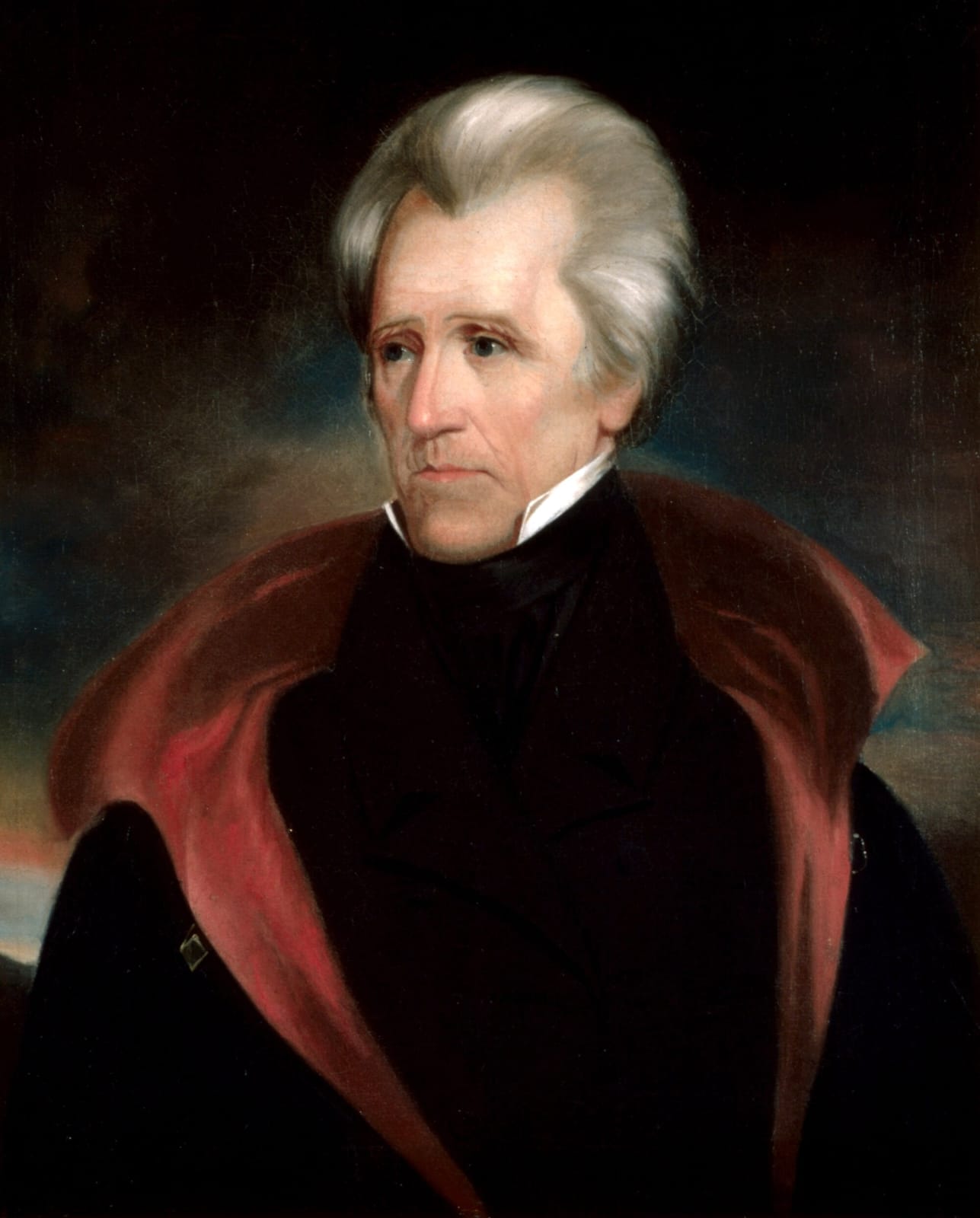January 12 might sound like an unremarkable day on the calendar, but it’s anything but. From political drama and sticky disasters to billiondollar lotteries and mysterious smells, this day is like a historical buffet of weirdness, triumph, and tragedy. Buckle up, because we’re about to take a deep dive into the wild events that make January 12 a date worth talking about.
1816: France Declares “No Bonapartes Allowed”

If you thought family drama only happened at holiday dinners, think again. On January 12, 1816, the French government officially decreed that no member of the Bonaparte family could ever inherit the French throne. This was basically France’s way of telling Napoleon’s entire clan, “You’ve caused enough chaos. We’re good.”
Napoleon Bonaparte, once the emperor of France and Europe’s ultimate troublemaker, had been exiled twice by this point. His ambitious (some might say powerhungry) relatives weren’t exactly subtle about their desire to follow in his footsteps. France’s decision wasn’t just political; it was personal. They were done with the Bonapartes’ monarchy soap opera.
While the decree seemed like a micdrop moment, it wasn’t the end of Napoleon’s influence. His legacy would echo through history, but January 12 was the day France slammed the door on his family’s royal aspirations.
1915: U.S. House of Representatives Votes “No” on Women’s Suffrage
Imagine fighting tooth and nail for your basic rights, only to have lawmakers deliver a resounding “Nope.” That’s what happened on January 12, 1915, when the U.S. House of Representatives rejected a proposal to grant women the right to vote.
The suffrage movement was gaining momentum, but it wasn’t enough to sway Congress. The rejection was a gut punch to the activists who had spent years campaigning, protesting, and rallying for equality. But if this vote was meant to discourage them, it did the opposite.
Just five years later, the 19th Amendment was ratified, giving women the right to vote. This January 12 rejection became a turning point—a reminder that progress isn’t always linear, but persistence pays off.
1919: The Great Molasses Flood—Boston’s Stickiest Disaster
Picture this: It’s a chilly January morning in Boston. You’re minding your business when suddenly, a wave of molasses 25 feet high comes barreling down the street at 35 miles per hour. Sounds like something out of a bizarre fever dream, right? But it really happened on January 12, 1919.
A storage tank holding 2.3 million gallons of molasses ruptured, unleashing chaos. The wave of sticky syrup smashed through buildings, overturned cars, and trapped people in its path. Twentyone people lost their lives, and 150 others were injured. Cleanup efforts took weeks, and the city reportedly smelled like molasses for years.
The tragedy also had lasting implications. Investigators found that poor maintenance and corporate negligence were to blame, leading to stricter building regulations. The Great Molasses Flood is a grim reminder of what happens when safety takes a backseat to profit.
1932: Hattie Caraway Becomes the First Woman Elected to the U.S. Senate

In a world where women were often sidelined in politics, Hattie Caraway made history on January 12, 1932, by becoming the first woman elected to the U.S. Senate.
Here’s the backstory: Hattie was initially appointed to fill her late husband’s Senate seat, and many assumed she’d quietly step aside when the term ended. But Hattie had other plans. She decided to run for the seat in her own right—and won.
Her victory wasn’t just a win for Arkansas or for her family; it was a win for women everywhere. Caraway broke barriers and paved the way for future generations of female leaders. Her success proved that women could not only participate in politics but excel in it.
1939: Rain Saves Australia from Devastating Bushfires
Australia’s bushfire season is notorious, but the fires of 1939 were particularly catastrophic. Known as the “Black Friday” bushfires, they destroyed nearly 5 million acres, killed 71 people, and devastated communities across Victoria.
But on January 12, 1939, rain came to the rescue. The muchneeded rainfall helped douse the flames, marking the beginning of the end for the disaster. While the rain couldn’t undo the damage, it brought relief to exhausted firefighters and grieving communities.
This moment is a reminder of the delicate balance between nature’s fury and its capacity for renewal. Sometimes, salvation comes when it’s least expected.
1967: Dr. James Bedford Becomes the First Cryonically Preserved Human
If you’ve ever wondered about the origins of cryonics, look no further than January 12, 1967. On this day, Dr. James Bedford, a psychology professor, became the first person to be cryonically preserved.
Here’s the concept: Bedford’s body was frozen in the hopes that future technology might one day revive him. At the time, the idea sounded like science fiction—and honestly, it still does. But Bedford’s body remains frozen to this day, a testament to humanity’s quest to cheat death.
Cryonics hasn’t delivered on its promise yet, but it raises fascinating questions about mortality, technology, and the lengths we’ll go to for a second chance at life.
2007: Manhattan’s Mystery Smell
New York City is known for its iconic skyline, bustling streets, and, let’s be honest, questionable odors. But on January 12, 2007, the city experienced a smell so strong and strange, it became a fullblown mystery.
A gaslike odor spread across Manhattan and parts of New Jersey, prompting evacuations and widespread concern. Was it a gas leak? A chemical spill? A rogue burrito truck? Authorities investigated but never determined the source of the smell.
To this day, the “Manhattan mystery smell” remains unsolved. It’s one of those quirky events that makes you wonder just how much weirdness a city can contain.
2010: Iceland Debates—and Bans—Strip Clubs
When Iceland’s parliament debated banning strip clubs on January 12, 2010, it wasn’t just about legislation—it was about values. The move was part of a broader push for gender equality and human rights.
Supporters argued that strip clubs exploited women and perpetuated inequality. Opponents claimed the ban infringed on personal freedoms. In the end, the ban passed, making Iceland one of the first countries to outlaw strip clubs for ethical reasons.
The decision sparked global conversations about the intersection of morality, equality, and law. Whether you agree with the ban or not, it’s a bold example of a country taking a stand on its principles.
2016: Powerball Fever Sweeps the Nation
Let’s talk about dreams—specifically, billiondollar ones. On January 12, 2016, the largest Powerball jackpot in history—$1.586 billion—was won by three lucky ticket holders.
The frenzy leading up to the drawing was unprecedented. People who’d never played the lottery before were suddenly experts, and office pools reached record participation. Social media was buzzing with hypothetical spending plans, ranging from private islands to funding every random idea people ever had.
While only three winners got to split the jackpot, millions enjoyed the thrill of dreaming big. The Powerball craze of January 2016 proved that, sometimes, the hope of winning is just as exciting as the prize itself.
2020: Yarrabubba Crater—Earth’s Oldest Asteroid Impact Site
On January 12, 2020, scientists confirmed that the Yarrabubba Crater in Western Australia was the oldest known asteroid impact site on Earth. At a staggering 2.2 billion years old, it’s basically a fossil from our planet’s infancy.
The discovery shed light on Earth’s early history, including the role asteroid impacts might have played in shaping our planet. It’s a reminder that long before humans walked the Earth, our planet was already surviving epic cosmic events.
The Takeaway
January 12 might not get its own holiday, but maybe it should. From groundbreaking political victories to bizarre disasters, this day has seen it all. It’s a reminder that history is anything but boring—and that even the most ordinary dates can hold extraordinary stories.
So next time January 12 rolls around, take a moment to appreciate the chaos, courage, and curiosity that have made this day unforgettable. And maybe keep an eye out for molasses tanks—just in case.



